In the fast-paced world of industrial automation, where precision and efficiency are paramount, the role of Industrial Panel PCs has become increasingly indispensable. These rugged computing solutions offer a versatile range of applications across various industries, revolutionizing the way we control and monitor complex processes. In this blog, we will delve into the diverse uses […]
Category: Flat Panel PCs
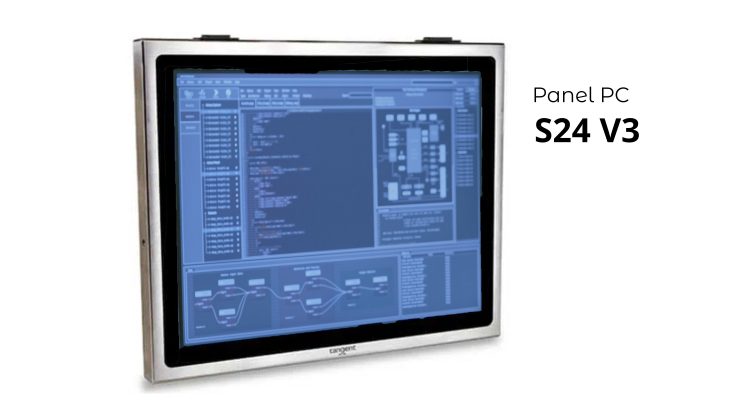
Industrial Panel PC: Tangent’s S24 V3
Industrial Panel PC: Tangent’s S24 V3 Tangent’s S24 is a rugged, compact, and highly configurable industrial panel PC designed for use in harsh environments. It offers powerful processing capabilities, up to 32GB of RAM, and a range of connectivity options, including USB, Ethernet, Wi-Fi, and Bluetooth. It is designed with security in mind, featuring TPM […]
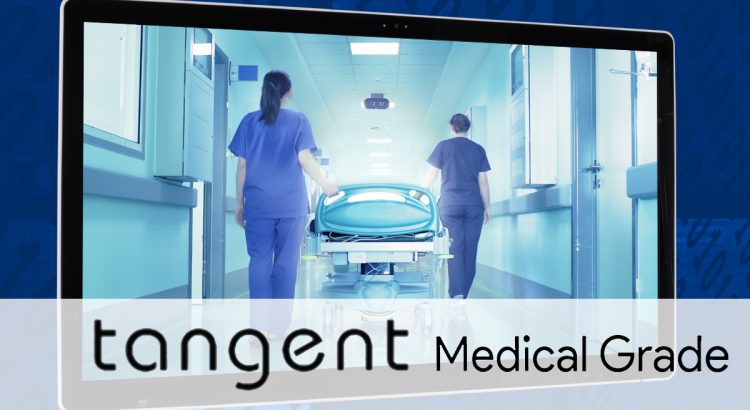
What Is Remote Monitoring On Medical Computers?
There is a lot of talk about telehealth these days, and while it has been a vital tool during this pandemic, there have been other medical computer-based solutions that have been overlooked. One such solution is remote monitoring via medical computers, which can help hospitals continue to treat patients without putting them in harm’s way. […]
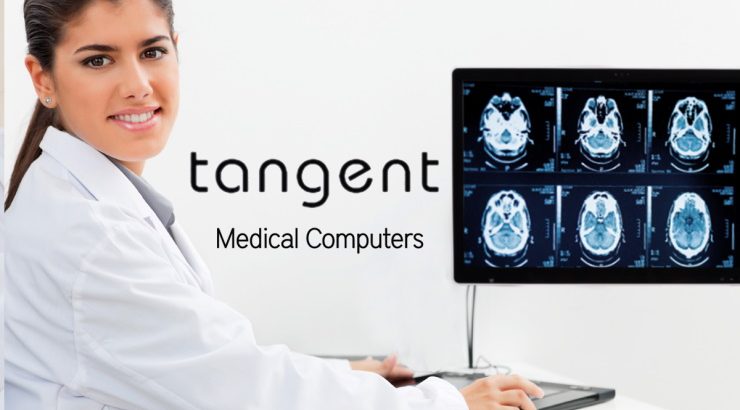
Reducing Hospital Readmission Rates
As hospitals around the country reopen to elective procedures, unresolved challenges must once again be grappled with. One of these challenges is the reduction of hospital readmission rates. Hospital readmission refers to the readmission of a patient less than 30 days after a procedure, normally due to complications. According to the American Institute of Research, […]
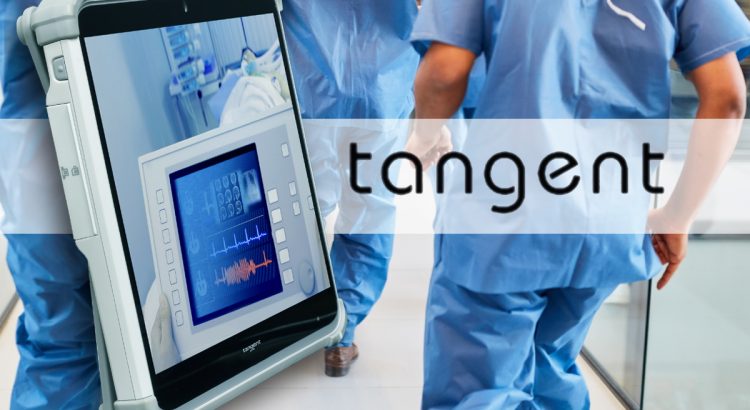
Medical All-In-One PCs For Full Hospital Use
With the country on the path towards reopening, hospitals have begun transitioning their facilities to accommodate regular appointments and patients. But will patients be willing to return to hospitals during this crisis? More patients than ever are seeing their doctors remotely via telemedicine technologies such as Medical All-In-One PCs. In addition, more Americans than ever […]
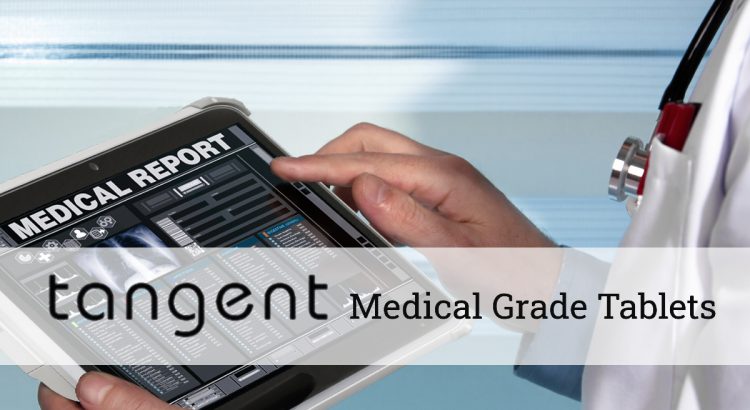
Medical PCs In The Hospital Setting
As the nation reopens, so too will our hospitals. The CDC has recently published guidelines for hospitals on how to go about opening their doors for services such as elective surgeries. As hospitals dealing with massive backlogs begin this process, making sure they have the equipment they need will be crucial. Medical PCs can help […]
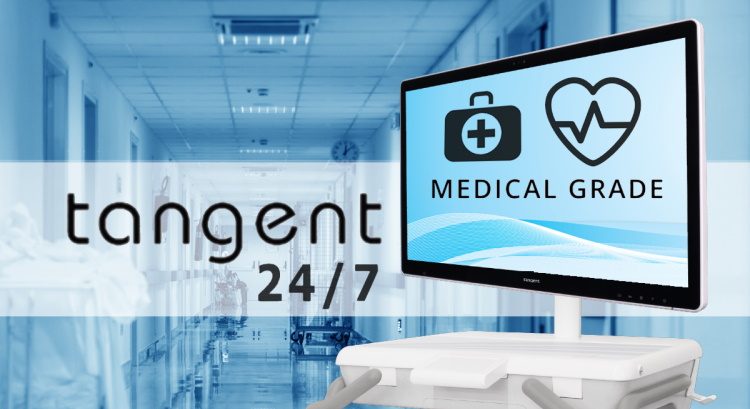
Reducing Frontline Healthcare Worker’s Stress And Anxiety
This crisis has taken a toll on all of us, but frontline healthcare workers have taken the brunt of this crisis. The doctors, nurses, and medical staff protecting the public health are doing so at their own risk. It’s no wonder then why some frontline healthcare facilities are seeing depression symptom rates of 50%. Experts […]

Industrial Grade Computers Versus Commercial Computers
While it may be tempting to think that all computers are created equal, this simply is not the case. Every computer is built for a specific purpose whether or not it is labeled as such. Industrial grade computers are computers that are designed for industrial applications like manufacturing and oil processing. Industrial grade computers differ […]

Best Medical Computer For Telemedicine
In these uncertain times, telemedicine has become an invaluable tool for healthcare facilities seeking to treat patients in the most effective way. Multiple branches of the U.S. government, along with health insurance companies and even internet providers have made it easier than ever to set up telemedicine. But when the nation comes out of this […]

Washable Computers For Hospitals And Healthcare Facilities
Now more than ever, washing your hands is crucial to staying healthy. Touching a surface that someone else has touched without washing their hands is part of the infection process. However, making sure that the surface is regularly cleaned is an effective way of reducing the risk of this happening. To that end, Tangent has […]
